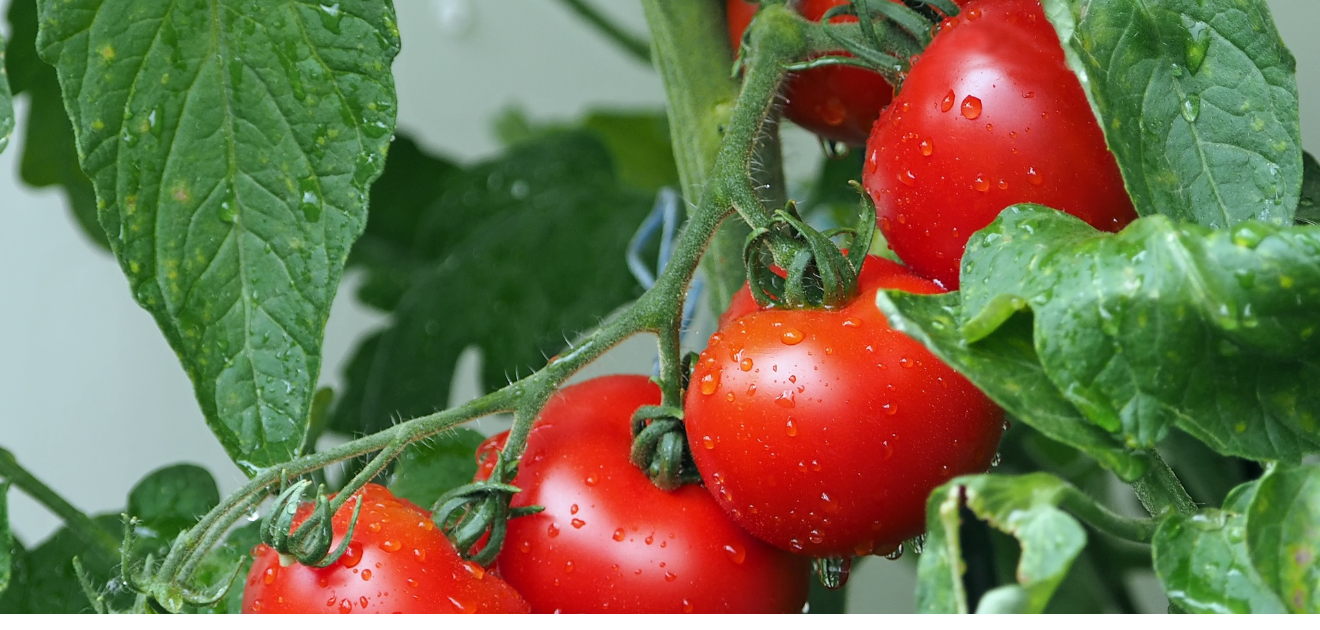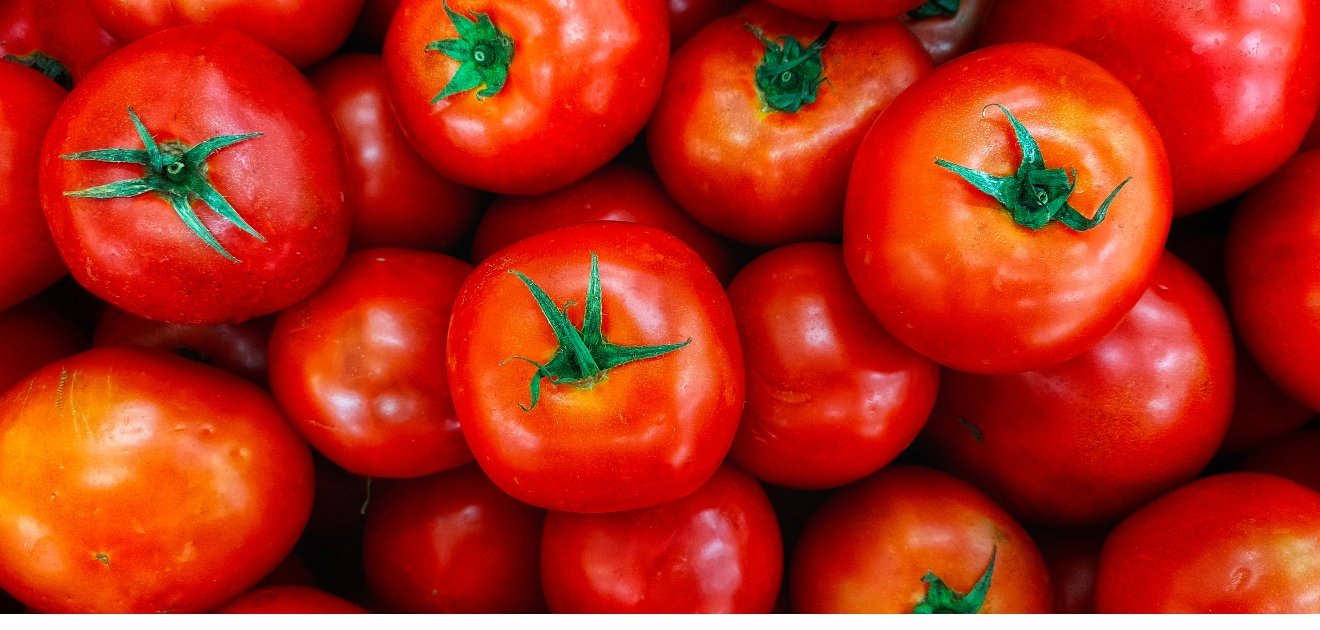Tomato Was Considered Poisonous?
During the 1700s, Europeans accepted that tomatoes were poisonous because they had a place with a similar family as lethal nightshade, a plant known for its harmful properties. Moreover, early European pilgrims saw that affluent people who ate tomatoes from lead-coated pewter plates frequently turned out to be sick. Much to their dismay, the causticity of tomatoes would drain lead from the plates, causing lead harm. These misinterpretations added to the conviction that tomatoes were poisonous, yet as logical comprehension improved, their actual dietary benefit became perceived.

Introduction
The tomato, a staple in foods worldwide, wasn’t generally respected with such culinary deference. Truth be told, in the past this lively organic product was covered in discussion and misinterpretations. How about we dive into why tomatoes were once considered poisonous and how this insight has developed over the long haul?
Historical Context
Early Misconceptions
In the sixteenth 100 years, when tomatoes were acquainted with Europe from the New World, they confronted prompt doubt. With their splendid, delicious appearance suggestive of dangerous nightshade, a known poisonous plant, numerous Europeans saw tomatoes with misgiving. Bits of hearsay and fantasies proliferated, guaranteeing that tomatoes were poisonous and could prompt different illnesses, including passing.
Cultural Influences
The trepidation encompassing tomatoes was exacerbated by social elements. In Europe, where the tomato at first showed up, cultural convictions and odd notions assumed a critical part in forming discernments. The relationship with nightshade, a plant with poisonous berries, energized the conviction that tomatoes were similarly unsafe.
Scientific Explanation
Chemical Composition
As opposed to prevalent thinking, tomatoes are not poisonous. They have a place with the Solanaceae family, which incorporates other eatable plants like potatoes, peppers, and eggplants. Tomatoes contain follow measures of alkaloids, which are found in nightshade plants, however in such small amounts that they represent no danger to human wellbeing.
Health Benefits
In actuality, tomatoes are amazingly nutritious. Plentiful in nutrients, minerals, and cell reinforcements, they offer a horde of medical advantages. From helping insusceptibility to advancing heart well-being and decreasing the gamble of specific tumors, tomatoes are a significant expansion to any eating regimen.
Cultural Impact
Culinary Evolution
Over the long run, culinary practices developed, and tomatoes step by step tracked down their direction into European kitchens. Italian food, specifically, embraced the tomato earnestly, integrating it into darling dishes like pasta, pizza, and sauces. As individuals turned out to be more acquainted with tomatoes and their culinary potential, the impression of them moved from doubt to festivity.
Symbolism
Past their culinary purposes, tomatoes have additionally gained representative importance. They address essentialness, overflow, and the embodiment of Mediterranean cooking. Today, seeing ready, full tomatoes inspires sensations of warmth and sentimentality, representing the excellence of basic, healthy fixings.
Modern Perceptions
Changing Views
In current times, the view of tomatoes has gone through a total change. Because of logical headways and far and wide schooling, individuals currently figure out the real essence of this flexible organic product. Rather than being dreaded as poisonous, tomatoes are praised for their taste, adaptability, and dietary benefit.
Nutritional Value
As familiarity with well-being and sustenance develops, tomatoes keep on holding a conspicuous spot in eats less carbs around the world. Whether consumed new, cooked, or handled into sauces and fixings, tomatoes give fundamental supplements and add to general prosperity.
Conclusion
All in all, the conviction that tomatoes were once considered poisonous is a demonstration of the force of fantasy and misguided judgment. Despite confronting hundreds of years of suspicion, tomatoes have arisen triumphant, procuring their legitimate spot as a darling culinary staple. As we plan, let us praise the tomato for its rich history, social importance, and certain tastiness.
Health Benefits of Gluten-Free Orange Juice
FAQs
1. Were tomatoes considered poisonous?
– Indeed, previously, tomatoes were wrongly accepted as poisonous because of their similarity to nightshade plants.
2. How did tomatoes become accepted in European cuisine?
– Over the long run, as individuals turned out to be more acquainted with tomatoes and their culinary purposes, they step by step acquired acknowledgment in European kitchens, especially in Italian cooking.
3. What are the health benefits of tomatoes?
– Tomatoes are plentiful in nutrients, minerals, and cell reinforcements, offering various medical advantages, for example, supporting resistance, advancing heart wellbeing, and diminishing the gamble of specific tumors.
4. Can tomatoes be harmful to consume?
– No, tomatoes are protected to eat and are not poisonous. They are nutritious and add to a solid eating regimen when consumed with some restraint.
5. What role do tomatoes play in modern cooking?
– Tomatoes are a flexible fix utilized in many dishes, including servings of mixed greens, sauces, soups, and sandwiches. They add flavor, variety, and dietary benefits to feasts.




